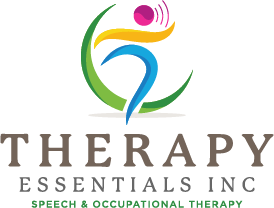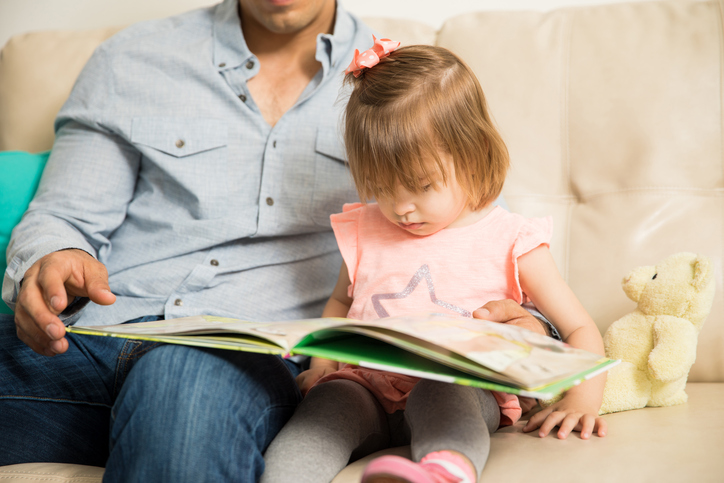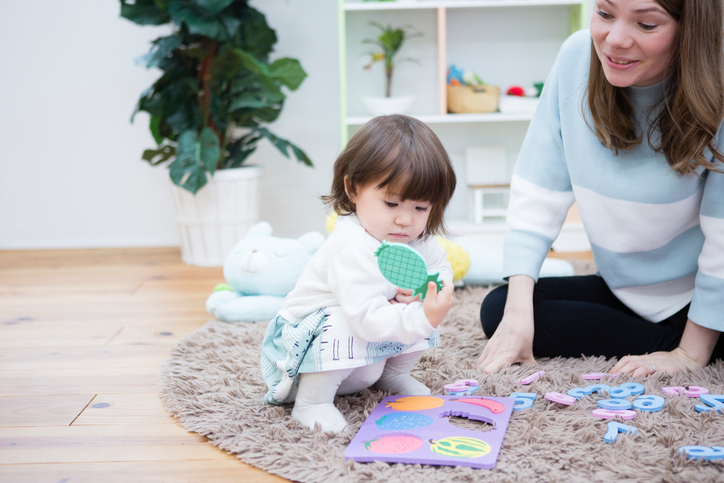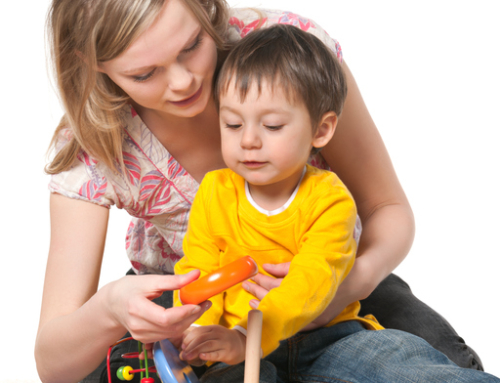Most of us lead hectic lives. We are a society on the go. When you have a child with a speech or language delay many parents want to look for the “next best thing” but the truth of the matter is there is no magic thing. The best way to increase communication skills is to create moments to COMMUNICATE.
There are many simple activities that you can do with your child to develop their speech and language skills.
1. Be a good model – speak clearly and slowly and face your child when speaking. If your child says a word or sentence incorrectly, rather than correct them or ask them to repeat it, just say the word / sentence back to them correctly to show you have understood. This way your child always hears the correct version. This is how children learn language.
2. Remember your language level – don’t use words or sentences that your child will not understand. Speak to them using language they can understand, (not baby talk) and explain any new words.
3. Make time to sit down with your child – even if it is just for a few minutes a day (although the more one-to-one time the better), spend some quiet time with your child, away from distractions. Look at a book together and talk about the pictures.
4. Turn off the TV and take out the pacifier – children do not learn language and social skills by watching TV, and new evidence shows that too much TV watching prior to starting school can affect listening and attention skills, which will impact on their learning once they start school.
5. Observe and comment – when you are playing with your child, take a step back, do not feel that you have to fill the silences, just comment on the things your child is doing so they can here (and learn) the new vocabulary.
6. Let your child lead – let your child lead the play, let them be the boss of play. This can build self-confidence and does not put pressure on them to talk and respond to the adult all the time.
7. Books, books, books – books can be used in many ways to develop language and early literacy skills. Evidence shows that children that have more exposure to books prior to schooling often find it develop early literacy skills earlier.
8. Sing songs and nursery rhymes – songs and rhymes contain rhythm and rhyme, skills that help with speech and literacy development.
9. Feed language in, don’t force it out – comment and expand on your child’s words and sentences, rather than asking them to repeat words. If your child says “car”, respond with “big car” or “yellow car” or “fast car”. This is how children learn words, by hearing new vocabulary and linking it to the items or events they are focussing on.
10. Make every opportunity a language learning activity – if it’s a trip to the shops, or bath-time, you can make every activity a language learning activity. Point to things, name them, sing a nursery rhyme, or ask a question. You don’t have to set aside a specific time of day to learn language, every activity is a language learning activity.








Leave A Comment